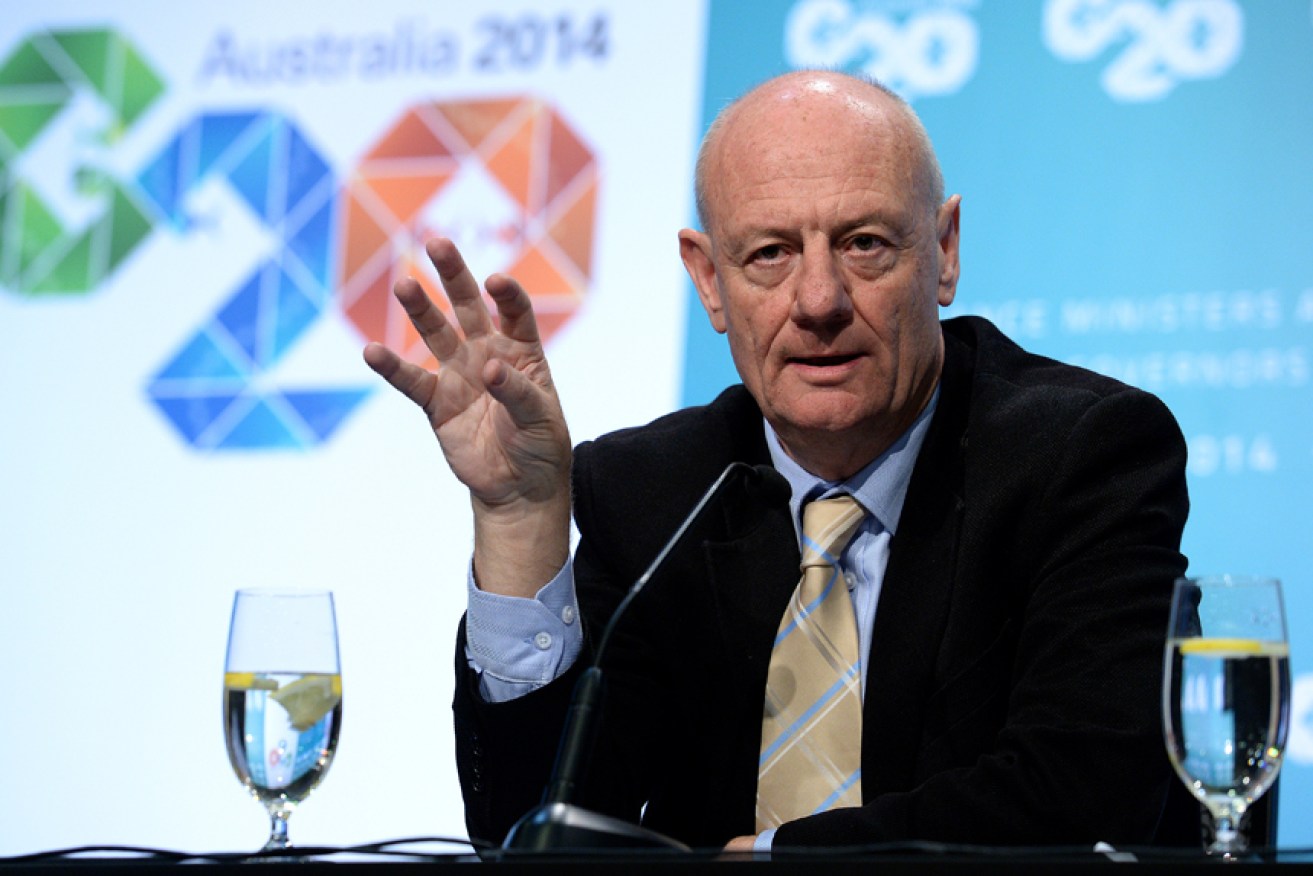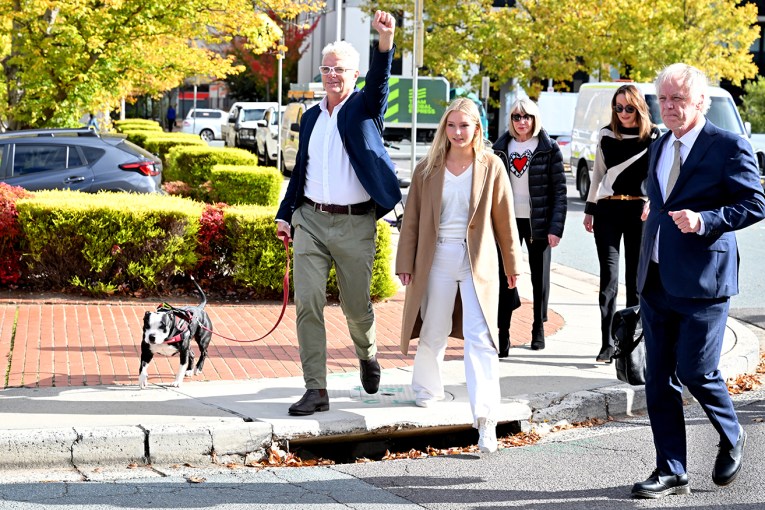Charities rally against aid cuts


World Vision chief advocate Tim Costello has likened the laws to Vladimir Putin's Russia. Photo: AAP
The heads of major charities have appealed to the government to rethink its cuts to foreign aid, saying the multi-billion dollar savings will cost lives.
Food programs for women in sub-Saharan Africa will stop under the aid cuts, leaving those people on “the breadline” or worse, they said.
In this year’s May budget, the Coalition announced it would slash foreign aid by $7.6 billion over five years.
In the 1970s, Australia spent 0.65 per cent of its national income on overseas assistance, which was among the most generous in the world. Today, it’s just 0.34 per cent, which is half the current OECD global target of 0.7 per cent.
• Geldof slams Aus foreign aid cuts
• Australia’s foreign aid programs placed on notice
While Australia falls behind the rest of the world on climate change, the heads of charities say we’re becoming a pariah on foreign aid, too.
Plan Australia CEO Ian Wishart says “shameful” cuts to foreign aid have made “a mockery of our national character”.

Sanitation and safe water programs in Africa could be cut. Photo: Getty
Where are cuts happening?
Africa has the highest proportion of people living in extreme poverty, but Australian aid to sub-Saharan Africa has been the hardest hit by cuts.
Aid to sub-Saharan Africa is projected to be $186.9 million in 2014-15, falling from $503.2 million at the 2011-12 budget.
Mr Wishart says without Australian funding, programs that give people access to food “just disappear”.
“We have been helping women in Zimbabwe create small vegetable gardens and water wells with Australian aid. It’s literally saving their lives,” Mr Wishart says.
“In the dark years of 2008 when they were literally starving to death, these initiatives made a big difference and saved their lives.
“These life-saving projects that give hope to people, get them back on their feet and help them become economically independent, just disappear.”
Our best friends also lose
Oxfam chief executive Dr Helen Szoke says even regions which have been labelled a priority by the government will be affected.
Papua New Guinea and Indonesia are Australia’s two biggest aid recipients, with an estimated $577.1 million going to PNG and $605.3 million to Indonesia in 2014-15.
“The government, Oxfam and other agencies are having to scale back projects in relation to violence in places like Papua New Guinea,” Dr Szoke says.

The typhoon-ravaged Philippines will also miss out on aid. Photo: Getty
“Projects in Indonesia which are very much focusing on women’s economic and political independence will also be scaled back.”
Global Poverty Project chairman Simon McKeon says our wealth is no longer indicative of our generosity.
“In terms of relative prosperity, we’re the third or fourth-wealthiest nation in the world,” Mr McKeon says.
“It just doesn’t add up that we’re not the third or fourth-most generous nation in the world.”
Australia falling behind
Australia’s current foreign aid commitment is frozen at $5.042 billion for the next two years.
This is less than half of what the UK has pledged, and almost a third of what Norway will donate.
World Vision CEO Tim Costello laments the fact that other conservative governments like Britain are still able to take action.
“I was at the G20 and David Cameron, a conservative leader, when asked what the most significant achievement of his time was, said ‘increasing aid to 0.7 per cent’,” Mr Costello says.
“That’s what a conservative leader said his greatest achievement is.
“Out of 28 OECD countries, we are 13th in aid-giving, yet we’re the sixth-lowest in net level debt. In other words, saying it isn’t possible because ‘we’re so poor, our debt is so great’ is simply wrong.
“I would challenge the Australian government to name any part of their expenditure that is more morally significant, life saving and effective than Australian aid.”








